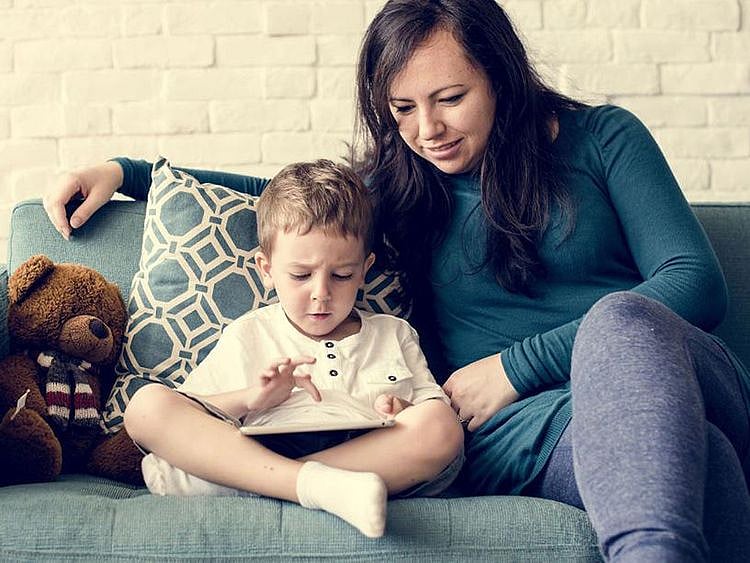5 ways to keep children safe online
With home learning the new normal, here's how to keep them safe online

It can be a challenge to strike a balance between allowing your children their independence while ensuring they are as safe online as possible, especially when we are all so reliant on tech for educating and socializing our children in the current circumstances. “Our children are digital natives whereas parents are relative digital dinosaurs struggling to keep up with what’s happening in the fast-moving digital world,” says Barry Lee Cummings, chief awareness officer at Beat the Cyberbully (www.beatthecyberbully.ae), which offers awareness sessions to students, teachers and parents. “The gap between children and parents when it comes to digital is far too big, and we need to work towards reducing that gap.” Here are his top five tips:
1 You may see social media as a waste of time, but for your children it’s where ‘life’ is happening.
So you have a responsibility to learn about the different channels and what your children are doing on them. This goes way beyond Facebook, Twitter and Instagram and into the realms of TikTok, SnapChat, Popcorn, Confide, Kik and Yik Yak.
2 Champion communication from a young age.
When a child approaches an adult with a question and the adult responds with “What are you talking about?” or pulls a face to show they don’t understand, they immediately demonstrate that they are of no help to the child, so he or she moves on. You need children to know that you understand where the problem is and that you are there to help them find a resolution – so don’t just give them the answer but help them find the answer. This way you’ll be equipping them with the resilience and skills needed for the digital world they will grow up in, go to university in and eventually work in.
3 Learn from your children.
It may mean a bit of an ego-bashing, but you would be surprised how much you could learn and how much your children would enjoy the experience of talking you through what they use their social and digital channels for. At least get a basic understanding of what is possible with these channels, as only then will you be able to identify pitfalls and potential dangers out there and help them protect themselves from themselves.
4 Use monitoring software as one part of the solution.
Monitoring software can be a great ally in the fight against cyberbullying and, increasingly, cybersafety, but it’s not the complete answer. All too often we see parents installing some sort of monitoring software on the network and assuming their children are then safe, but this isn’t strictly true. The reality is that your children are going to get into trouble online. You can only be safer, but you can never be 100 per cent safe. The software can be a useful tool, however, to help you identify potential discussion areas with your children and show you what they are spending their time doing online. Before installing any software, we recommend you explain to your children why you are doing it.
5 Be more involved – the biggest challenge children have is communicating with their parents.
The UAE offers a lifestyle many of us would not experience if we were in our home countries. Nannies or drivers dropping children off, and smartphones and tablets being used as placation tools contribute to parents distancing themselves from their children’s lives. One simple yet powerful thing you can do is make time for a dinner where all the family members sit down, put all their electronic devices away (including the TV) and talk to each other.
Sign up for the Daily Briefing
Get the latest news and updates straight to your inbox
Network Links
GN StoreDownload our app
© Al Nisr Publishing LLC 2026. All rights reserved.